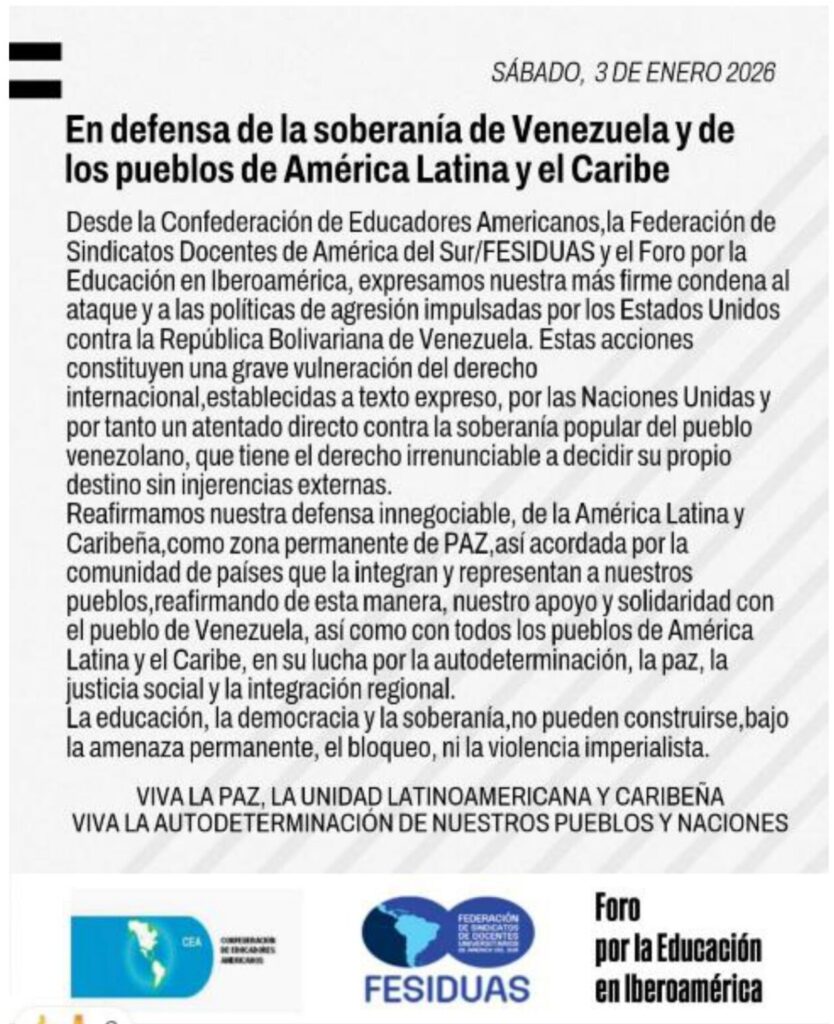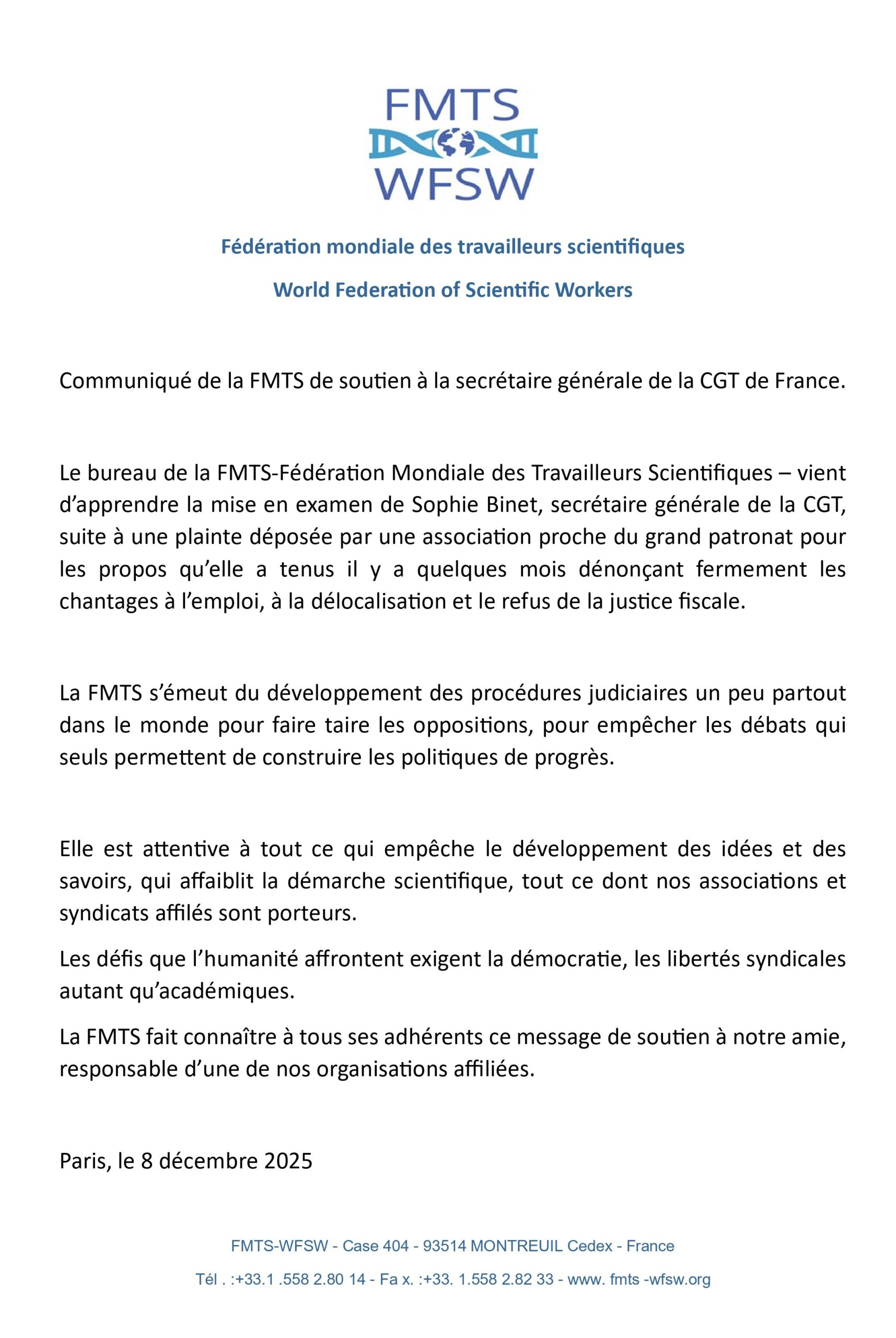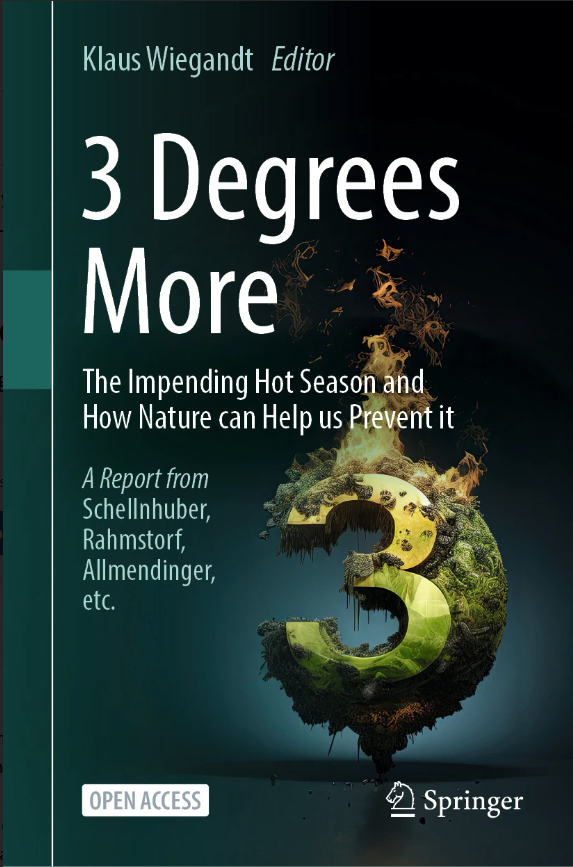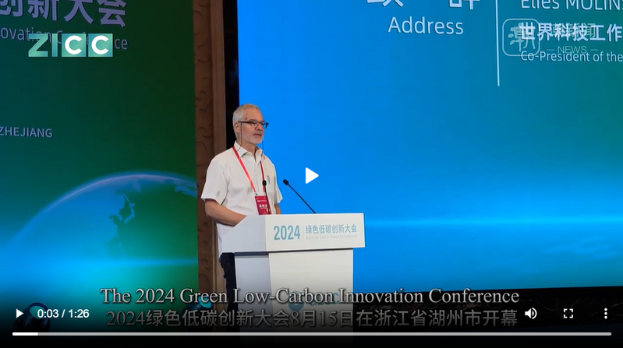Science and democracy
Lecture given in the Mexico conference, final session in UNAM, « Science and democracy, The dialog between scientists and citizens » J.P. Lainé, INES lecture, Mexico, 3-3-2008 .
1.Sciences and technologies are today in the very heart of our societies , since the most concrete (work nature and conditions, day life) till the superstructures(culture, medias) and politics ( economy, environment, military choices and budgets) at all levels, regional, national and international. However the huge development of knowledges and technologies is suffering two mistakes: it is engaged mostly in a few countries and is not shared amongst all populations. These characteristics influence the nature of development of research, particularly of applied research and the kind of people who take benefit of it.
2.Impact of science and technology is ambivalent : it depends of political and economical choices: applied science can produce the best and the worst as well. Great improvements in health (comfort, duration of life), mobility, communication, in training (I am not speaking of Education at large) have been achieved; on the other hand – and it is frightening –huge means are devoted to “death works”: the ratio of military R and D is even not known because it is hidden. Let us remind that the total amount of military expenses-all over the world-is one hundred times higher than the help to the developing world. In the mean time huge challenges threat humankind, and what is new, some are provoked by human activity (global warming, pollution). Till now, in front of natural, “external” threats (hunger, ice era, epidemics…) humanity could implement adequate answers : will it be possible when individual, collective ethical answers are needed? Responsibilities are mainly those of decision-makers, politicians and economy managers but also, in some measure, those of scientists. Too often they are prisoners of positivist, “technicist”, “occidental” schemes… and of their financial supports. It is necessary to position research, in connexion to its own development, in order to meet the human needs, peace and environment.
3.Therefore, scientific policy, which has so huge consequences on our life, has to be put under citizen control : it has to be discussed by research personal itself and by all the people as well. Practically – I am speaking here on behalf of my trade-union of university teachers of France – we consider that fundamental research, closely kinked to higher education, is a public mission and has to be a public service: this is the only way to ensure independence to religions, ideologies, political and economic powers, to guarantee academic freedom and justice in the diffusion of science. It probably comes from our history : the role of State through main funding, through organization of peer assessment and by a posteriori control seem to us the less bad in view of our purpose of democracy and autonomy. In respect to the second principle, people and its representatives intervention, it is far more difficult : it needs huge development of education at large, culture, critical attitude, large screen knowledge. It underlines the role of schools and universities, of families and all opportunities of education including medias and cultural institutions. Social discrimination and underdevelopment are not only tragedy for people but also handicap for humanity : all civilizations, all cultures have something to bring to the universal knowledge, in all fields of science, from human and social sciences to natural sciences and mathematics.
4.We cannot say nothing on the condition of scientific workers, academics, researchers and engineers, on the means which ensure freedom, responsibility and true autonomy. It involves questions of status and salaries of personal, of structures and management of labs, departments and all institutions, of evaluation at all levels –from people to institutions. Principles imposed by struggles, by victories in the past : management under the control of elected colleagues, assessment and recruitment by the peers are not details. But pressures are stronger and stronger to introduce private way of management if not to directly privatize institutions. Threats and struggles are spreading out all over the world. I would like to insist on the condition of young researchers : they need protection, decent income and life, they call for a status of worker. From doctorates to seniors, status, freedom and individual/collective responsibility facilitate courageous attitude, the faculty to say no, to denounce breaches of ethics, of respect of truth, to be courageous “whistle blowers”.
5.I would like to conclude on the role of trade-unions, associations and NGOs like ours. Priority to-day, is to spread out the following idea : science, particularly the couple science and society, is a main concern for scientists of course – but it always is not so obvious – and also for all the people. It is a so serious affair that it cannot be left in the hands of traditional decision makers. Our organizations must and can build bridges between the scientific community and all the population, develop the feeling of responsibility amongst the researchers and the duty of intervention on scientific policy and all related items amongst the activists for “an other world”. Thus INES, as well as WFSW – work federation of scientific workers- to which my trade union belongs too, as well as more than fifty organizations all over the world, has decided to support the project of organization of a special day dedicated to science and democracy inside the World Social Forum, next January 2009, in Belem, Brazil.
Mexico, March 3, 2008 Jean-Paul Lainé International representative of SNESUP and FSU-France Member of INES and WSFW executive committees





